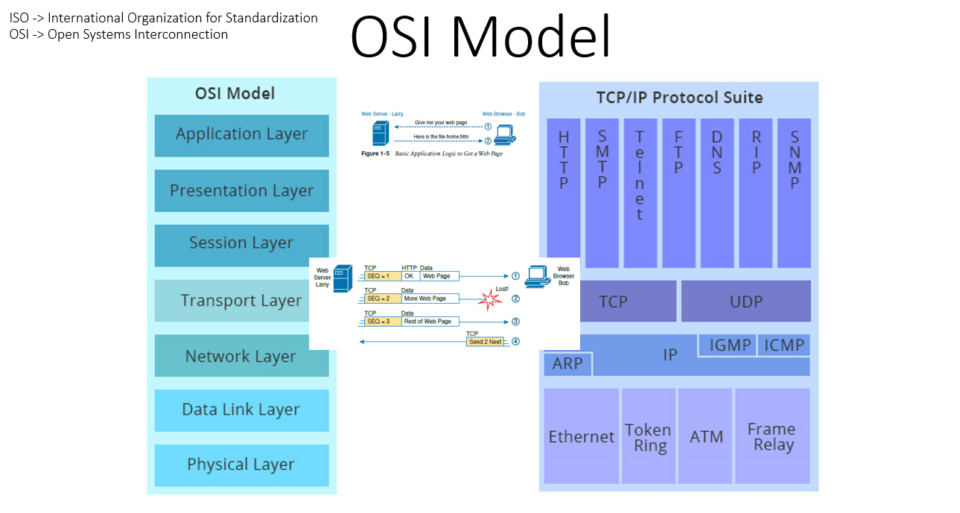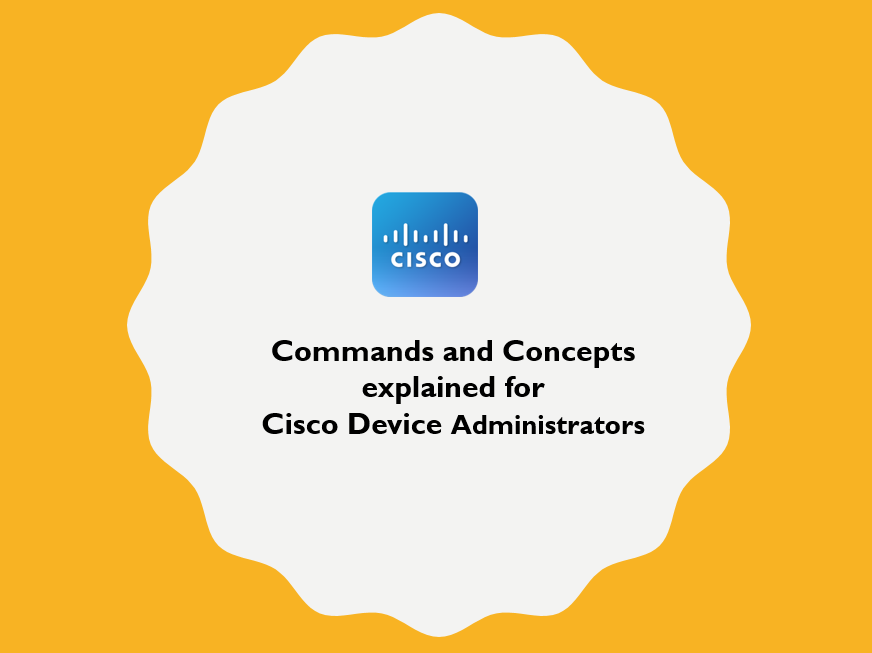
Network Topology Diagram:
Cable Connectivity:
- Cross cable connectivity between R1 and R2 & R2 and Web Server
- Straight cable elsewhere.
Basic Configuration:
On SW1
# interface FastEthernet0/1
# switchport access vlan 10
# interface FastEthernet0/2
# switchport access vlan 10
# interface FastEthernet0/3
# switchport access vlan 10
# interface Vlan10
# ip address 10.10.10.250 255.255.255.0
In PCs – Configure IP address as shown in picture and default gateway as Router R1
On R1
# interface FastEthernet0/0
# ip address 10.10.10.254 255.255.255.0
# interface FastEthernet1/0
# ip address 200.20.20.1 255.255 besök.255.0
# ip route 0.0.0.0 0.0.0.0 200.20.20.2
On R2
# interface FastEthernet0/0
# ip address 172.20.20.254 255.255.255.0
# interface FastEthernet1/0
# ip address 200.20.20.2 255.255.255.0
# ip route 0.0.0.0 0.0.0.0 200.20.20.1
Scenario I: Learn Dynamic NAT – Access Web Server 200.20.20.2 from any PC and practice how packets are translated on R1.
Tip: Remember that Static NAT is configured at R2, hence you need to access Web Server on IP address 200.20.20.2 in order to understand Dynamic NAT.
Dynamic NAT Configuration:
# ip nat pool DYNAMIC_NAT 200.20.20.10 200.20.20.20 netmask 255.255.255.0
# ip nat inside source list 1 pool DYNAMIC_NAT
# interface FastEthernet0/0
# ip access-group 1 in
[ddownload id=”2742″ text=”Download CCNA Practice Lab -Dynamic NAT”] – [ddownload_filesize id=”2742″]


